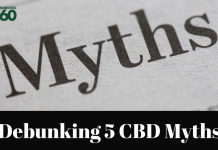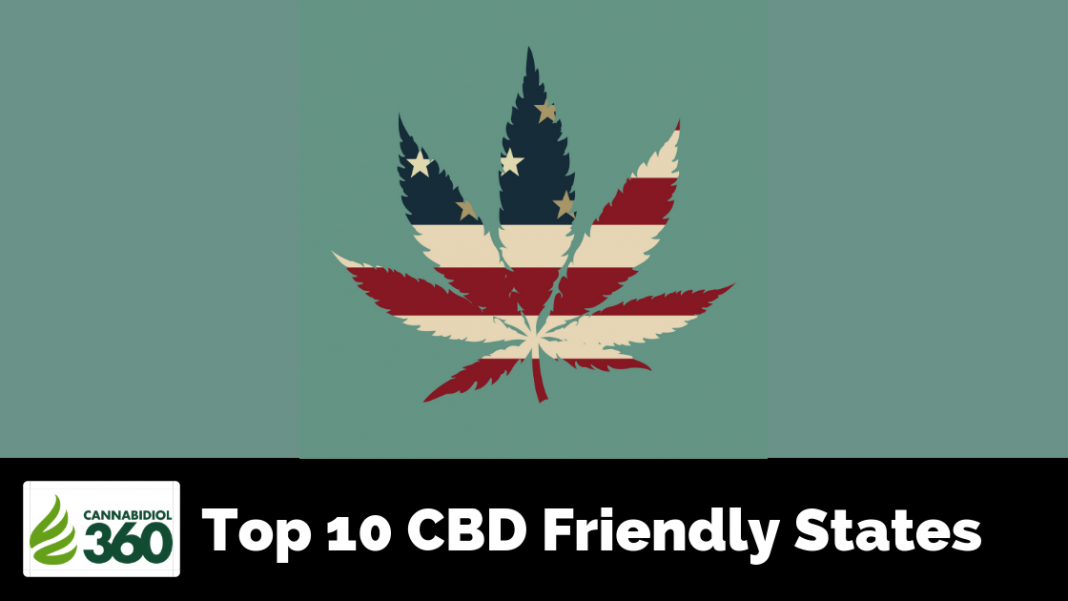
Despite its enormous popularity in the natural health world, there is still a lot of confusion regarding the legality of CBD. Although it’s no longer classified as a drug, the legal status of CBD still varies from state to state.
In fact, there are a few states in which CBD remains completely illegal. Meanwhile, in states in which recreational cannabis use is legal, CBD can be sold, purchased and consumed without any fear of legal repercussion.
Of course, you’re probably wondering about the legal status of CBD in your home state. That’s why we’ve broken down a list of the states that have the least regulations regarding CBD use.
First, however, it’s important to understand some basic knowledge about what CBD is as well as its legal history.
How CBD Works
If you’re interested in trying out CBD for the first time, it’s crucial that you understand exactly how this cannabinoid interacts with the human body.
CBD supplements the body’s endocannabinoid system, this system exists in all mammals. Its function is the regulation of the body’s many processes such as sleep, mood, immune response and body temperature.
The endocannabinoid system relies on cannabinoids that are made by the body in order to maintain all of these crucial bodily processes. However, various environmental stressors can deplete the body’s natural supply of cannabinoids.
CBD is a natural, plant-based cannabinoid that can give the endocannabinoid system what it needs in order to regulate these many processes, allowing the body to achieve homeostasis.
This is why CBD is so effective when it comes to treating a huge variety of common ailments. It’s also why it’s virtually impossible to overdose on CBD.
Benefits of CBD
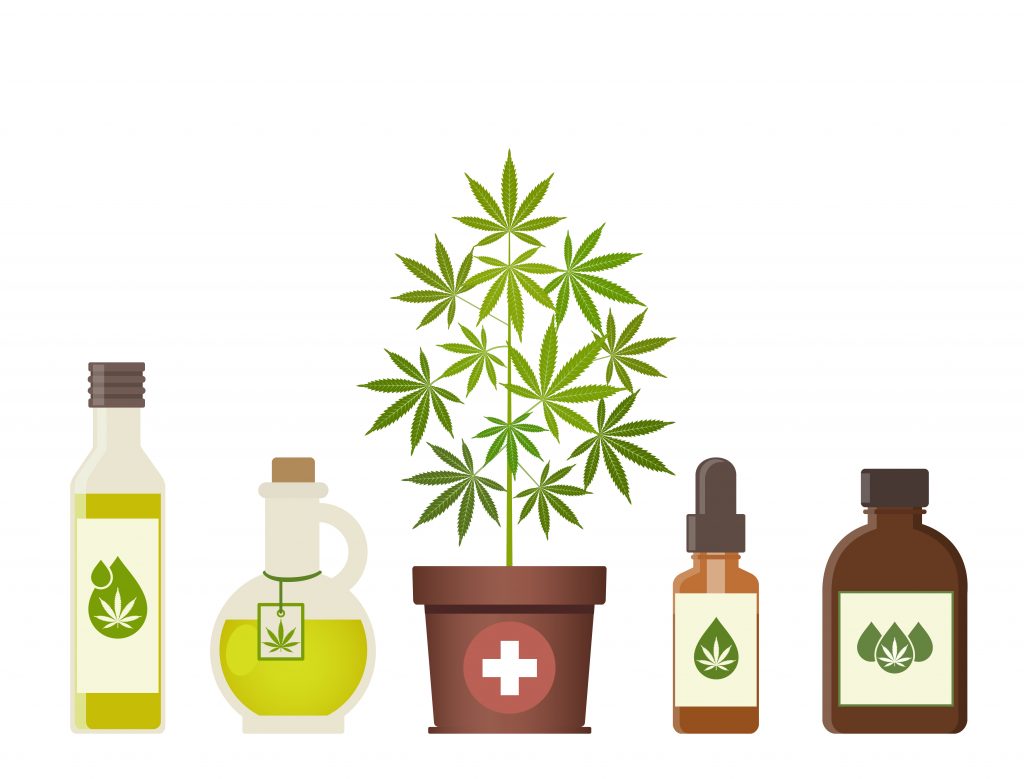
Pain Relief: CBD is renowned for its pain-relieving properties. Its ability to relieve pain on a profound level comes from the fact that it has both analgesic and anti-inflammatory properties.
By giving the endocannabinoid system the cannabinoids that it needs, CBD can increase a person’s tolerance to pain. It also reduces inflammation throughout the body.
Relief from Anxiety: CBD is also known for its amazing ability to alleviate anxiety. When consumed, it’s capable of slowing down the nervous system and decreasing the level of cortisol that is produced in the brain.
Unlike many popular anti-anxiety medications, CBD’s anxiety-relieving properties are gentle enough to calm a person down without making them feel uncomfortably drowsy.
Other Benefits
Research regarding CBD’s benefits is constantly advancing. Now, we know that CBD may be capable of protecting the neurons in the brain. This means that CBD may be able to treat conditions like dementia, traumatic brain injuries and epilepsy.
CBD can also greatly benefit the digestive system thanks to its amazing anti-inflammatory properties. Currently, researchers are studying CBD’s effects on patients who suffer from IBS. It may also help those who suffer from nausea and vomiting.
Additionally, clinical research has shown that CBD may help with depression by regulating the production of serotonin.
How is CBD Different from Marijuana?
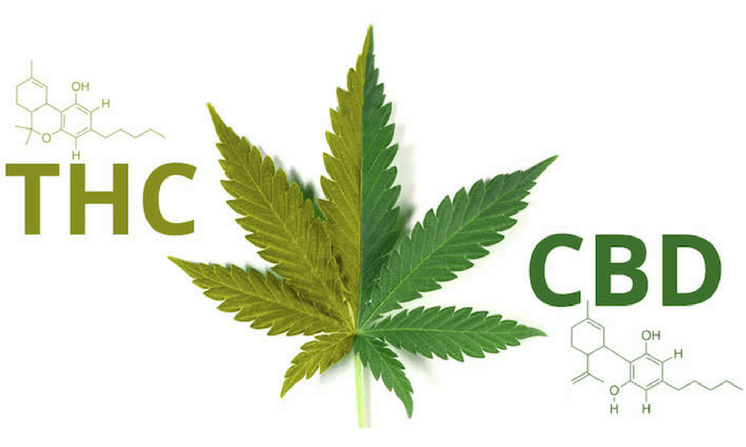
One of the things that makes the legal status of CBD so confusing is its close association with marijuana, a drug that’s illegal in many states.
Typically, commercial CBD comes from the hemp plant, a cousin of the marijuana plant. Both of these plants belong to the cannabis family.
By now, it’s general knowledge that CBD, unlike marijuana, contains no psychoactive properties. That’s because CBD that comes from the hemp plant has less than 0.3 percent THC, the psychoactive compound that gives marijuana users a high.
Therefore, CBD users can take relatively large quantities without worrying about any mind-altering effects
Why Does CBD Have Such a Complex Legal History?
In 1937, cannabis use became illegal on a federal level under the Roosevelt administration. Under the Marijuana Tax Act, hemp and marijuana were lumped into the same category of illicit substances.
Amazingly, the law remained this way until just a couple of years ago when the 2014 Farm Bill was passed.
The 2014 Farm Bill allowed hemp farmers to cultivate their crops for research purposes after obtaining legal permission from the government. This allowed hemp farmers to contribute to clinical research regarding the many benefits of CBD.
The problem is that the 2014 Farm Bill placed heavy restrictions on hemp farmers, making it difficult for them to distribute commercial CBD products to the public.
Where is CBD Illegal?
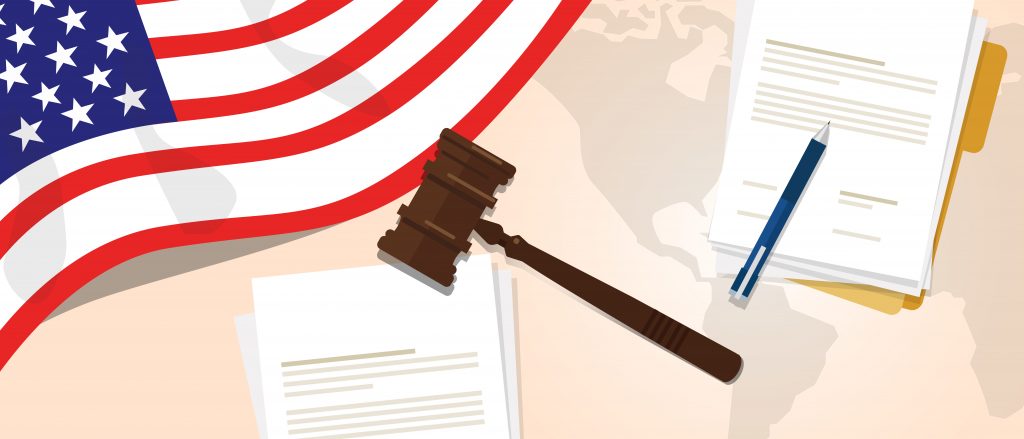
The 2018 Farm Bill will likely change the CBD industry for the better. This bill aims to decriminalize hemp products on a federal level.
This means that CBD businesses would be able to thrive. It’ll also likely impact the legal status of CBD in states in which it’s currently illegal.
The Top Ten CBD-Friendly States
Even though CBD is now widely viewed as a perfectly safe and beneficial product, there are still a few states in which CBD is completely illegal. These states are Idaho, Kansas, Nebraska and South Dakota.
As we’ve already stated, each state has a different set of regulations regarding the distribution and consumption of CBD. We’ve compiled a list of the most CBD-friendly states based on their unique laws regarding hemp.
10. Alaska
Recently, CBD became approved by the FDA in Alaska as a treatment for a variety of conditions. This decision was heavily influenced by the approval of a CBD-based drug that treats pediatric epilepsy.
Because of this approval, Alaska residents can purchase and consume CBD legally.
However, the CBD industry in Alaska is totally unregulated. This means that it’s up to the consumer to determine which CBD products are pure and high in quality.
An unregulated market means that there may be many low-quality CBD products available.
9. Louisiana

In Louisiana, CBD use is completely legal. In fact, CBD has been widely used for its medicinal benefits for decades.
Despite CBD’s legal status in Louisiana, it’s still illegal to use marijuana recreationally.
Therefore, CBD products must come from the hemp plant and contain less than 0.3 percent THC.
8. Maine
CBD is completely legal in Maine. However, Maine’s laws state that CBD products must be derived from industrial hemp rather than commercial.
7. New York
New York’s laws regarding cannabis have changed dramatically over the last couple of years. In 2014, it became legal to consume medically prescribed marijuana.
Now, New York residents can legally possess up to 25 grams of cannabis.
This means that it’s legal to purchase, possess and use CBD in New York. Also, it’s legal to use CBD that’s derived from both hemp and marijuana.
6. Washington
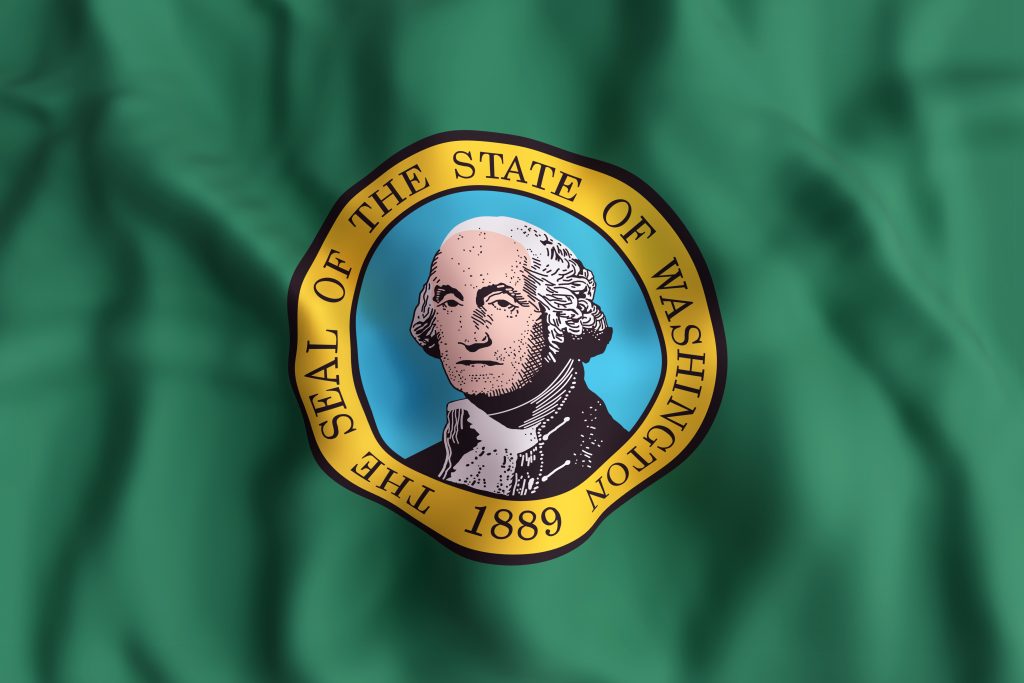
In Washington, cannabis use has been legal since 2012. This means that the CBD industry in Washington has been thriving for some time.
CBD enthusiasts can purchase high-quality CBD products that are derived from both the hemp and marijuana plants.
5. Massachusetts
Massachusetts legalized cannabis use back in 2016. Because of its legal status, it’s very easy to obtain high-quality, pure CBD products.
Because both marijuana and hemp are legal in Massachusetts, residents can enjoy CBD products that contain higher THC levels without worrying about getting into legal trouble.
4. Nevada
In January of 2017, it became legal to purchase, consume and possess cannabis. Nevada residents can possess up to one ounce of marijuana.
This means that Nevada’s CBD industry is thriving. Those who live in Nevada can choose between CBD derived from marijuana and CBD derived from hemp.
3. Vermont
In Vermont, medical marijuana was legalized in 2004. Recreational marijuana became legal in 2018. As of now, residents above the age of 21 can possess up to one ounce of marijuana.
Because of the legal status of cannabis in Vermont, it’s very easy to find CBD products that are safe to use and high in quality.
2. Colorado
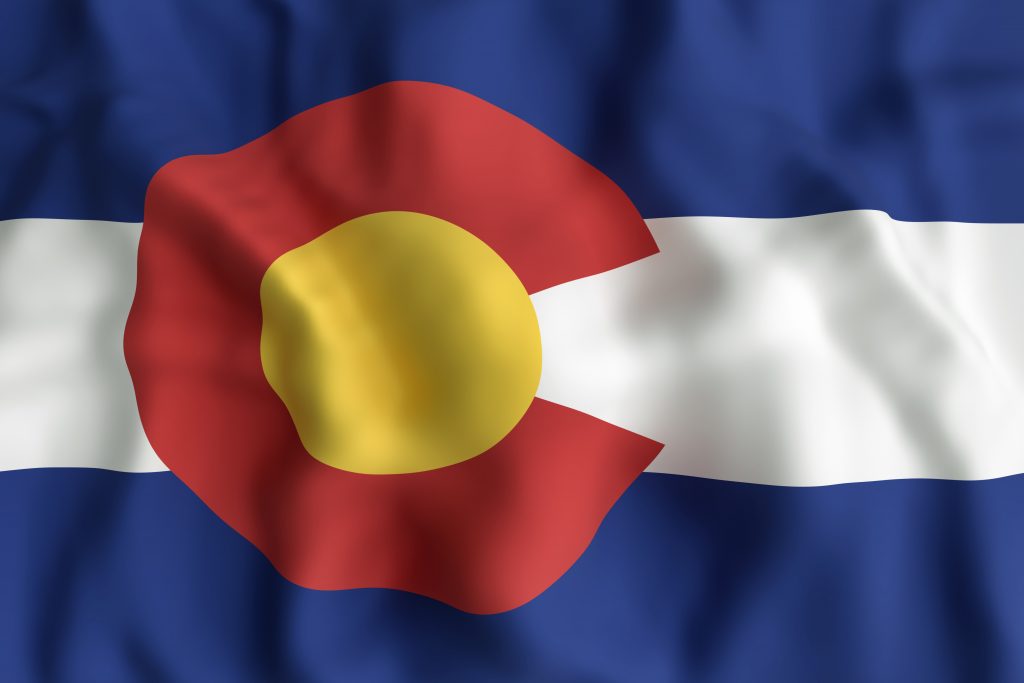
Simply put, the CBD industry is booming there. Colorado’s cannabis market has been so successful that the state’s economy has improved dramatically. There are many reputable CBD companies making high-quality products that are perfectly legal to use.
Because of the legal status of marijuana in Colorado, residents can consume CBD that comes from both the hemp plant and the marijuana plant.
1. California
There are no regulations regarding marijuana use in the state of California. In fact, California’s cannabis industry is enormous.
California residents have access to a wide range of cannabis strains that are all perfectly legal for consumption.
Those who live in California can purchase and use any cannabis-derived products without fear of legal repercussion.
Hopefully More States Continue on the CBD-Friendly Path
If you live in any of the ten states above, you can use CBD without any fear. As time goes on, we expect to see more and more states lift restrictions on cannabis consumption.
If you want to see your state become more CBD friendly, write to your legislators and let them know that CBD is a relatively safe and non-psychoactive product that boasts an abundance of potential health benefits.





